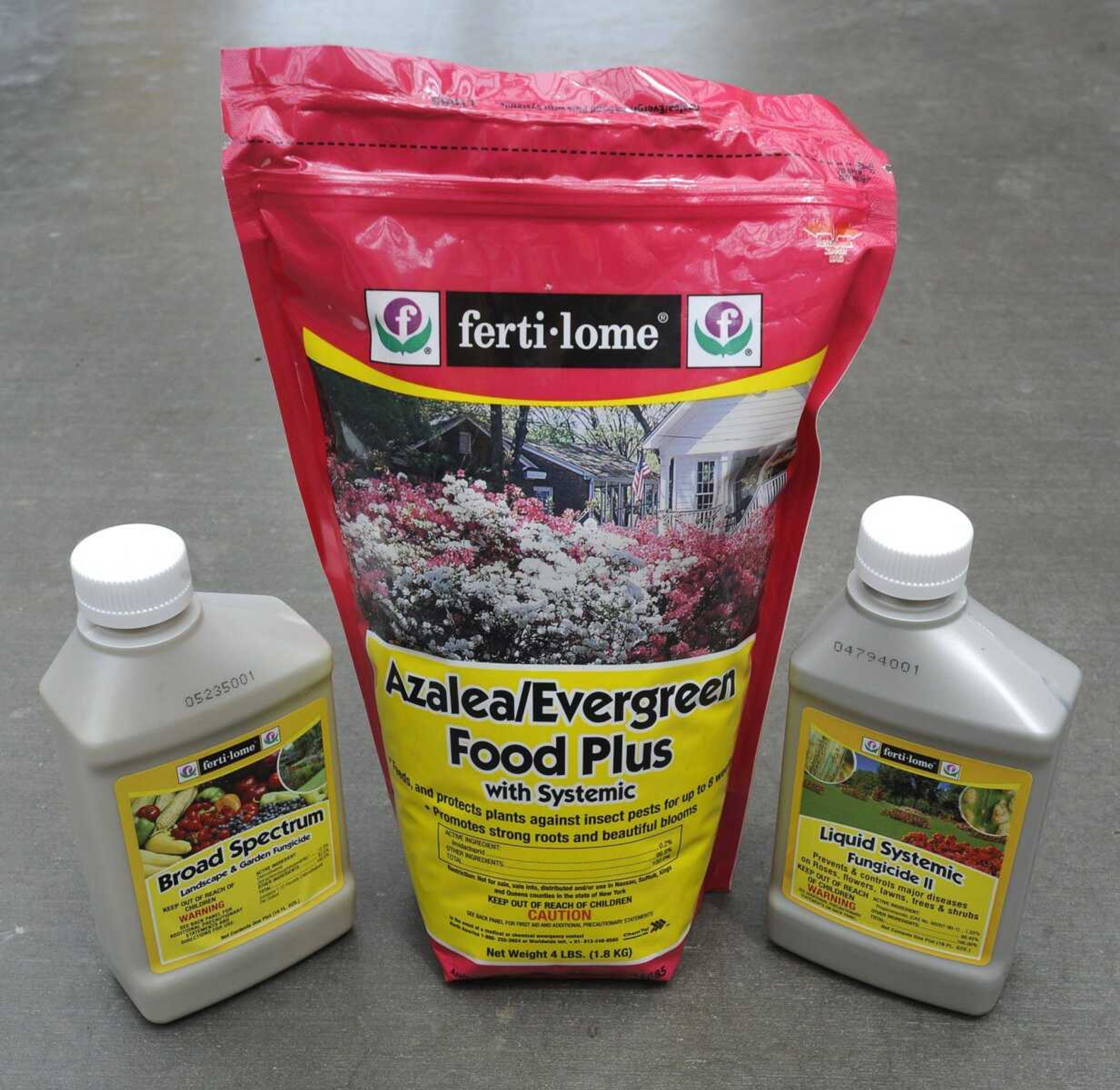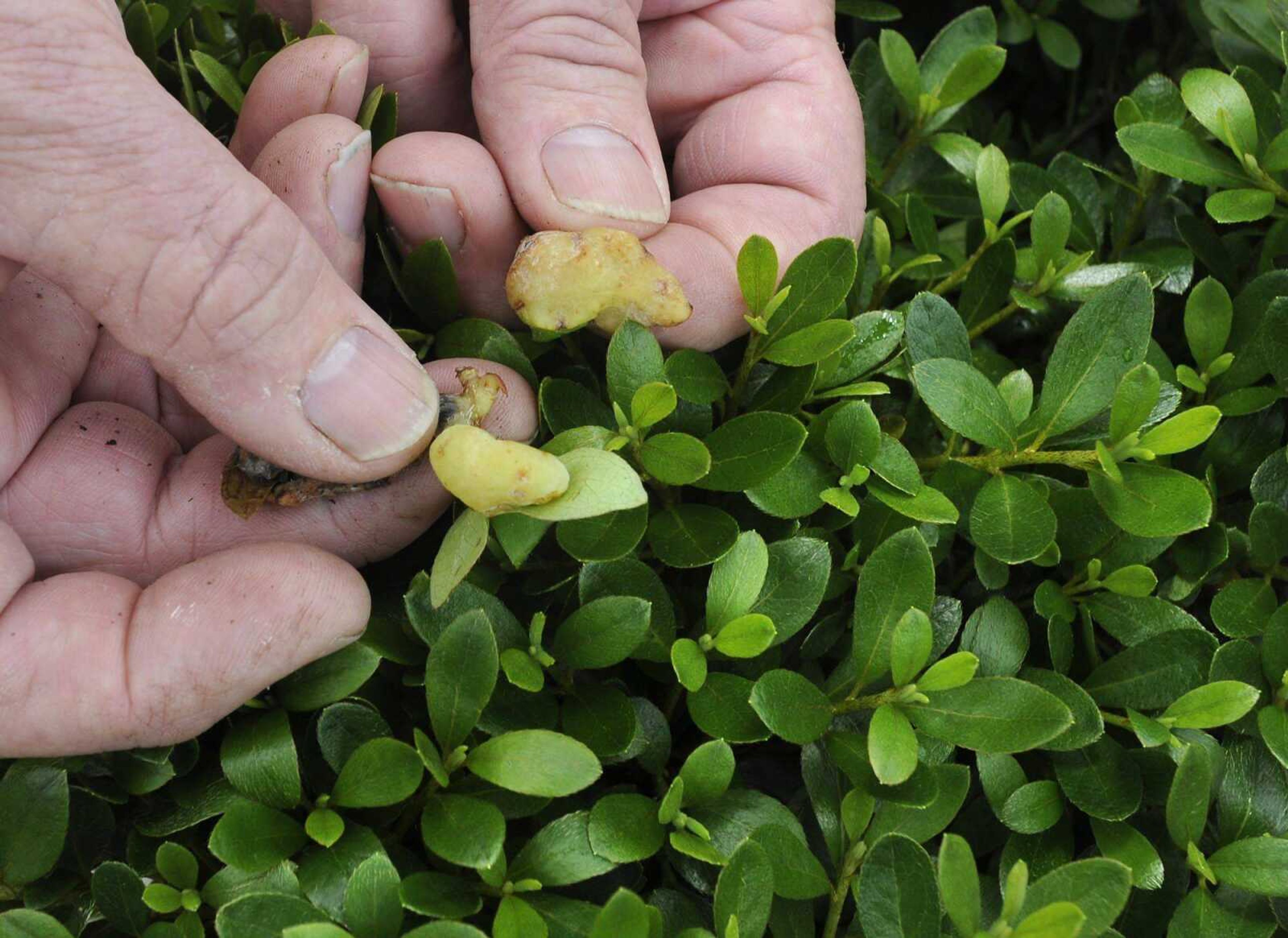How to treat azalea leaf gall
The unusual spring weather is causing all kinds of plant problems. One that has recently been brought to the attention of gardeners is azalea leaf gall. This plant disease is caused by an infection of azalea leaf and flower parts by the fungus Exobasidium vaccinii...
The unusual spring weather is causing all kinds of plant problems. One that has recently been brought to the attention of gardeners is azalea leaf gall. This plant disease is caused by an infection of azalea leaf and flower parts by the fungus Exobasidium vaccinii.
During long, cool and moist springs, the fungus has the right environmental conditions to germinate and grow, causing fleshy growths on leaves and flowers of azaleas. The white, cream or light green in color growth usually starts to develop at the beginning of azalea flower petal fall.
The fungus is unsightly, but usually not lethal. On the other hand, year after year infections may result in the decrease of vigor of the plant. A loss of vigor may result in the ability of the plant to withstand infestation of insects and infection by other plant diseases.
Upon seeing galls on your azalea, immediately pluck off the galls and remove them from the garden area. The gall can be a source of inoculum for next year. You should spray the azaleas with a fungicide such as chlorothalonil or propiconazole. If you have other azaleas in the vicinity of the infected azalea, make sure you spray them also.

Since an infected azalea is stressed because of the infection, make sure that you fertilize your azalea monthly, through August, with an azalea fertilizer such as 9-15-13 with systemic insecticide. The added nutrition will help the plant recover from the infection.
Make sure you use a fertilizer specifically for azaleas because it will help keep the pH in the 4.5 to 5.0 range. Azaleas need an acidic soil in order to thrive. In addition, the systemic insecticide will help control lacebug infestations, a perennial problem on azaleas in the Heartland.
Next spring, keep an eye on the weather conditions. If the spring stays cool and moist for a long time, then spray one of the fungicides mentioned above in order to keep the galls from forming.
By the way, can anyone tell me what is a normal spring for the Heartland? Considering the weather the last three springs, perhaps the normal is the abnormal, a challenge to growers in our area. Are you up to the challenge?
Send your gardening and landscape questions to Paul Schnare at P.O. Box 699, Cape Girardeau, MO 63702-0699 or by email to news@semissourian.com.
Connect with the Southeast Missourian Newsroom:
For corrections to this story or other insights for the editor, click here. To submit a letter to the editor, click here. To learn about the Southeast Missourian’s AI Policy, click here.











